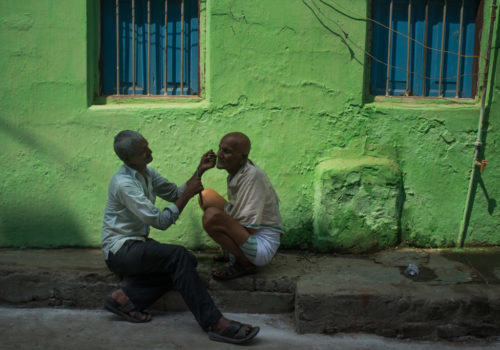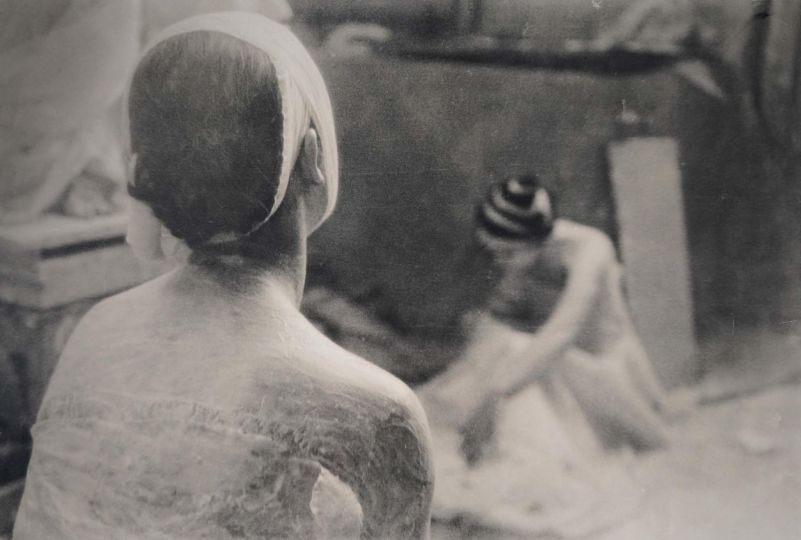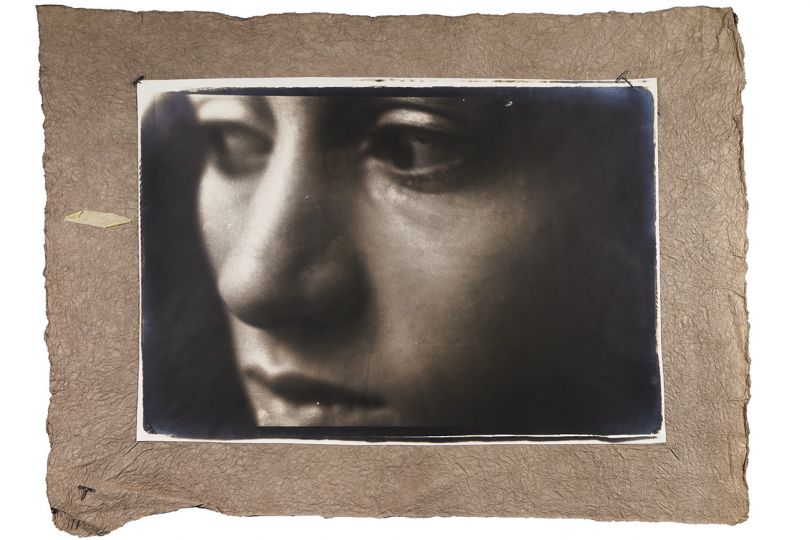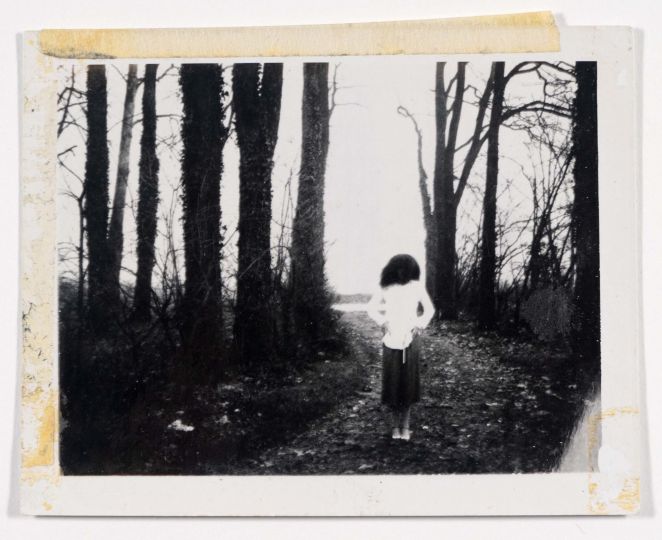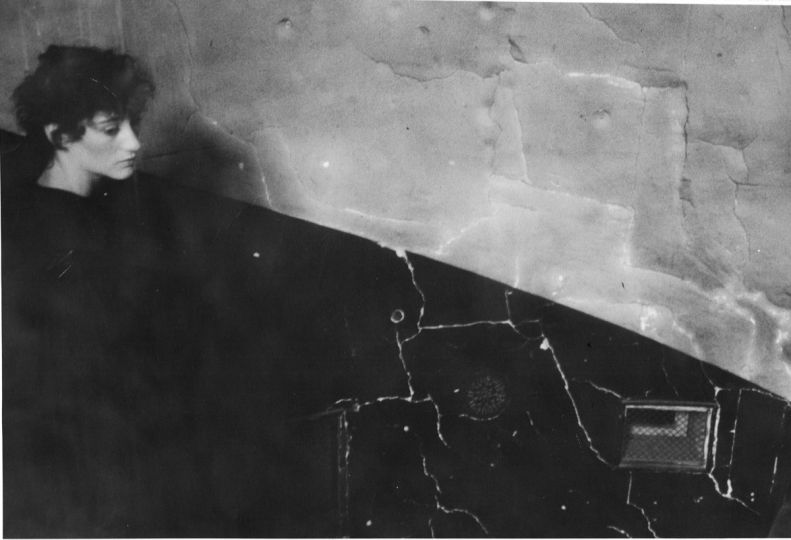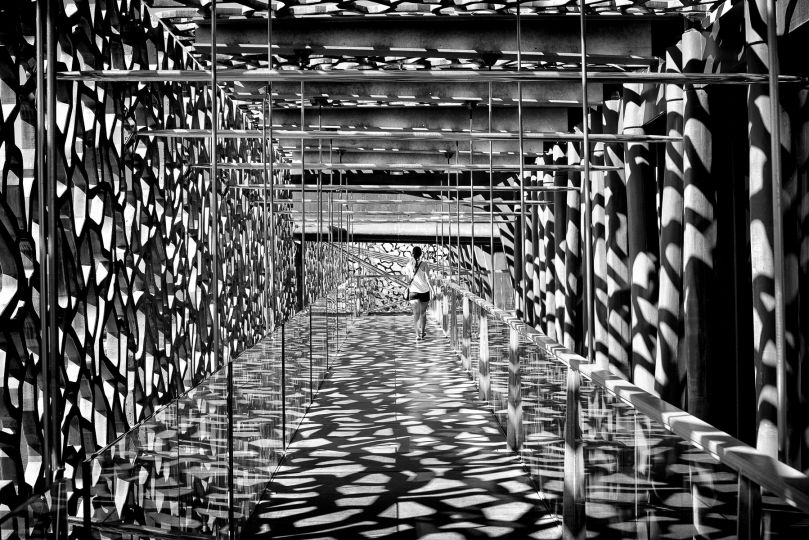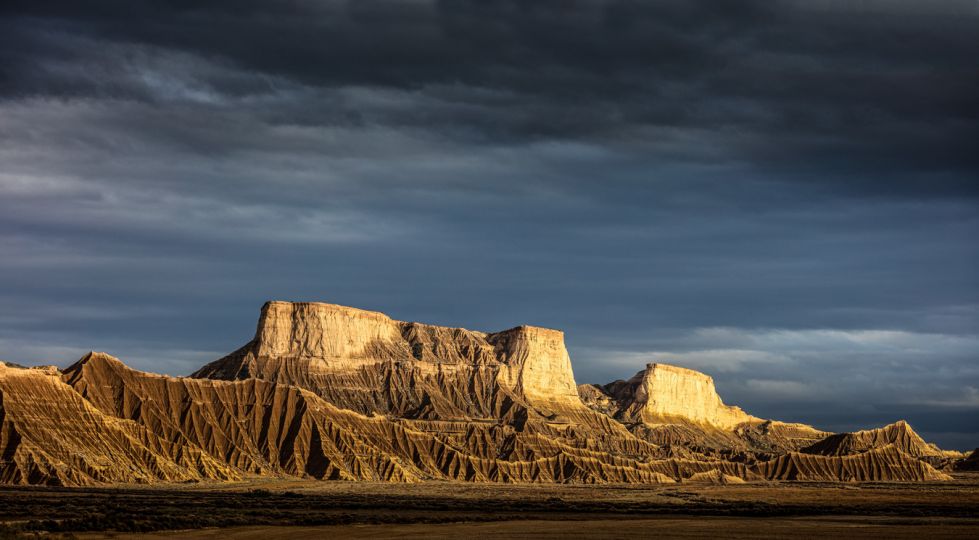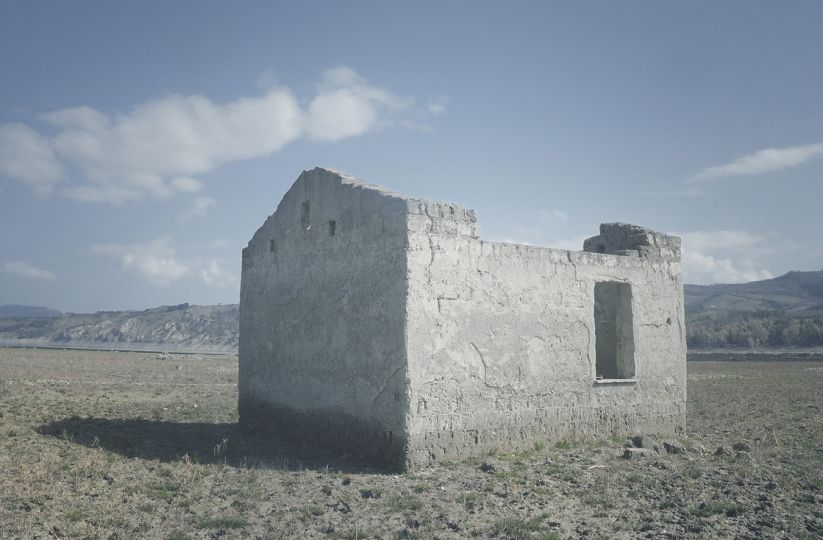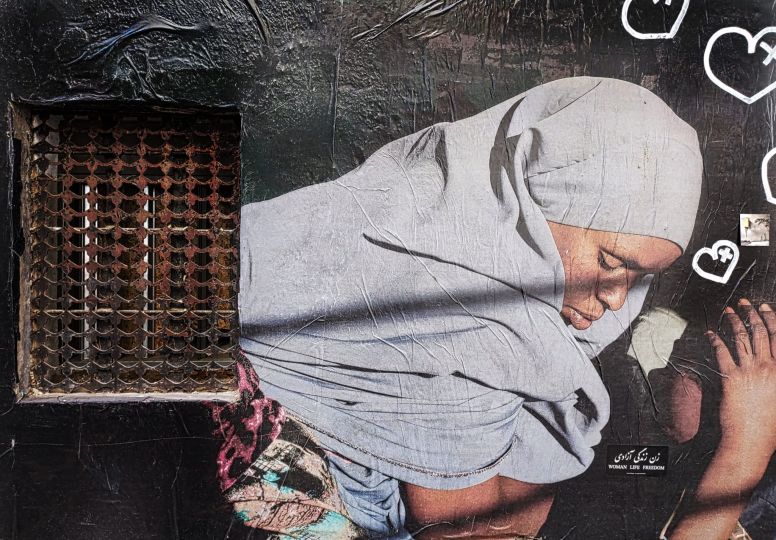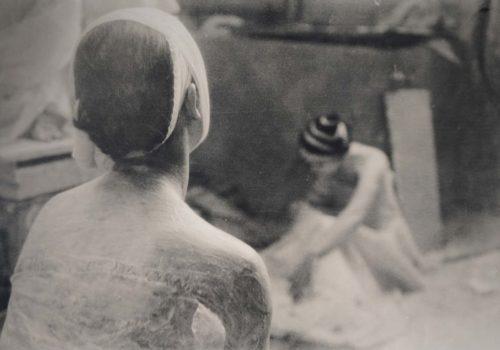A small, quaint town called Gaya, located in south Bihar, India. That’s where my grandparents lived and I avoided going for over 22 years. And I finally did.
According to Hindu scriptures, and also our family priest by the way, there was a demon named ‘Gaya’ whose body became pious and formed the shape of the city. And hence the name. The story goes that he performed rigid penance and secured blessings from Lord Vishnu (the Supreme God of the Hindus). The blessing was that the demon will become so holy that anybody who performs prayers on his body will have all of his, his deceased predecessors’ and also family’s sins absolved. And thus, achieve salvation.
This is what made our family flock to the city, like many other pilgrims who staunchly believed in this centuriesold story. For the elders the rituals involved offering food (known as ‘Pind Daan’), as the priest chanted Hindu prayers. As for me and my younger cousins, we hesitatingly helped the elders in other parts of the ritual like feeding cows, dogs, birds and of course, the ‘Brahmins’.
Over time, the quaintness of this city turned into the loud humming of prayers and chanting. The dull moments I spent there as a child now greeted me with the vibrant traditional outfits of my aunts and uncles. Whenever I crossed the streets, inquisitive neighbours stopped me. Some had endless questions and some even peeped from windows. And some just stared at me.
In our religion we often seek our ancestors’ blessings before pursuing new beginnings. These blessings, we believe, go a long way in making our new ventures successful. And the only way to make the deceased ancestors’ souls come to peace and invoke blessings from them is to perform ‘Pind Daan’ rituals in Gaya. The pilgrims believe that any miracle that happens in their family – whether it be an uncle becoming richer or a sick grandparent getting healthier – is the sign that ones ‘Pind Daan’ has been accepted. And thus, the prayers, answered.
For thousands of years these ancient beliefs have been passed on, unchanged, from generation to generation. After all, these are believed to be the ultimate cleansing of the soul from all sins. Thus clearing the path to salvation. In fact, Bihar Tourism Department in India estimates around millions of pilgrims every year.
For me, I wondered, rather questioned myself, on how even after having no faith in religious practices, I was attracted to that city. Was it the enchanting powers of the city? Maybe it was my roots, pulling me back.

